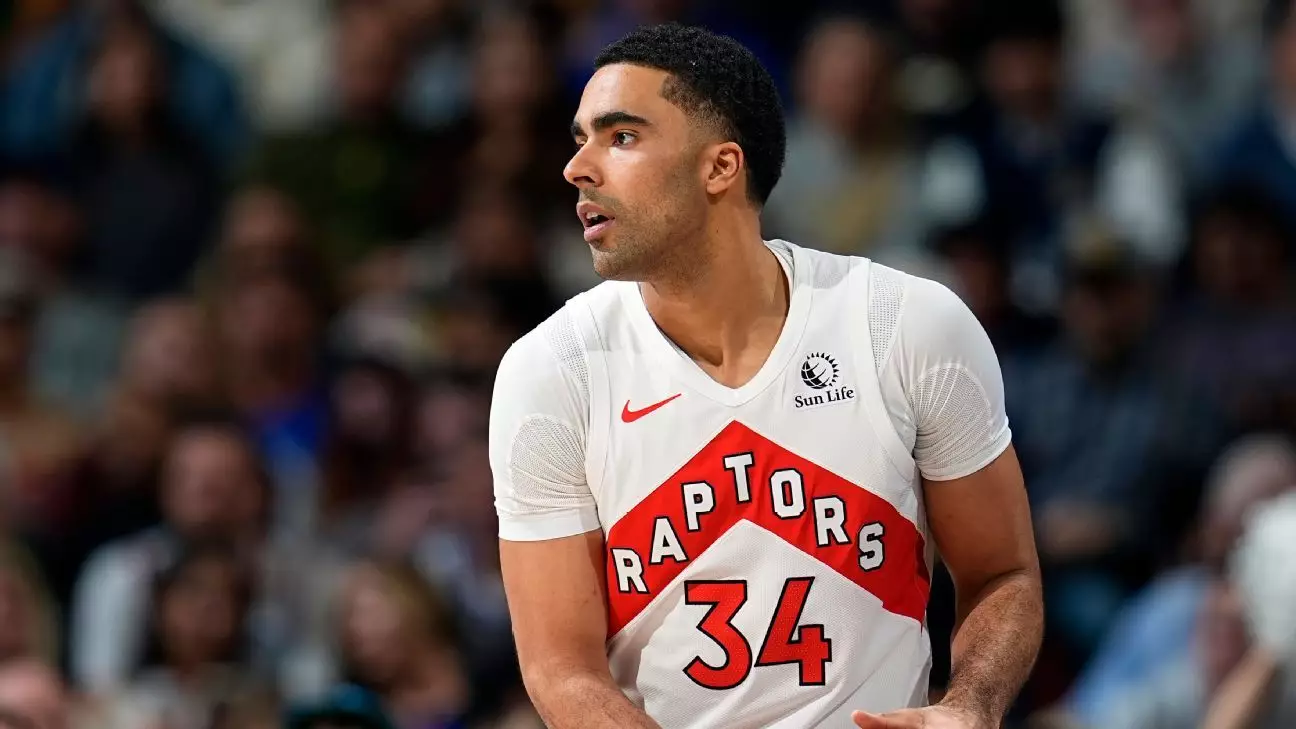The world of professional sports faces an evolving challenge that could undermine decades of hard work, integrity, and the trust of millions of fans: the increasing influence of sports betting. While betting has become a popular pastime and a significant revenue generator for leagues and states alike, recent developments highlight the darker side of this industry. Allegations involving athletes manipulating their performances to benefit certain bets threaten to erode public confidence and compromise the very essence of competitive fairness. This urgent issue calls for decisive measures, not just from leagues, but from lawmakers and stakeholders committed to preserving the purity of sport.
Leagues like the NBA are beginning to acknowledge these risks, especially surrounding prop bets—wagers placed on specific player performances or game events. The situation surrounding former NBA player Jontay Porter’s case underscores the gravity of the problem. His involvement in manipulating game outcomes, driven by betting interests, is a stark reminder of how vulnerable athletes can be to external pressures and unethical influences. While Porter’s case may seem isolated, it casts a long shadow over the integrity of the sport, revealing the potential for widespread manipulation if the right safeguards are not in place.
The Double-Edged Sword of Prop Bets and Regulation Challenges
Prop betting has grown notably in popularity, offering fans new ways to engage with games and boosting betting revenues for sportsbooks and leagues. However, the lucrative nature of these bets also provides dangerous incentives for corrupt practices. The NBA’s response—restricting bets on players on two-way contracts and urging sportsbooks to tighten their controls—illustrates a proactive stance. Yet, this is only a partial solution; the root of the problem lies in a complex web of legal and illegal betting activities that transcend regulatory boundaries.
The debate surrounding tighter restrictions on prop bets is nuanced. On one side, leagues argue these measures are necessary to prevent performance manipulation and preserve fairness. On the other, bettors and some lawmakers see restrictions as an intrusion into personal freedoms and a threat to the gambling industry’s economic contribution. The challenge lies in balancing these competing interests without stifling the popularity of sports betting or alienating fans willing to place small bets legally. The legal battles, especially in states like Ohio and New Jersey, exemplify the struggle to craft policies that protect players and the game while respecting individual freedoms.
Addressing Athlete Harassment and the Broader Gambling Culture
Beyond performance manipulation, the more insidious issue is the harassment and abuse athletes face from disgruntled bettors—both online and in person. This problem is often overlooked amid the focus on illegal schemes, yet it has real consequences for players’ mental health and safety. As betting becomes more accessible, athletes are increasingly exposed to pressures and threats, which can lead to a toxic environment detrimental to their well-being.
The NBA Players Association’s perspective—that rampant manipulation is more notion than widespread reality—may underestimate the depth of athlete victimization. While Porter’s case appears to be an outlier, it signals a cautionary tale about training athletes and establishing protocols to prevent exploitation. Implementing stricter regulations on betting practices and improving athlete security could serve as effective deterrents. However, these initiatives must go hand in hand with education and support systems that empower players to navigate this landscape safely.
The legislative landscape is evolving rapidly, with some states taking more aggressive steps. Ohio’s move to ban microbets—small, event-specific wagers—aims to curb suspicious betting activity that could influence game outcomes. Whether these measures will prove effective remains to be seen; they do, however, demonstrate a growing consensus that targeted regulation is necessary to safeguard the sport’s integrity.
As sports leagues grapple with the consequences of widespread betting, a comprehensive, bold approach is essential. It’s not enough to react to scandals or impose temporary restrictions; there must be a concerted effort to overhaul the ecosystem that allows such vulnerabilities to flourish. This includes rigorous monitoring, transparent policies, athlete education, and legal reforms to enforce clear boundaries between sports and gambling interests.
The integrity of competitive sports depends on our ability to strike a balance—embracing the growing popularity of betting while simultaneously guarding against its darker implications. The challenge isn’t merely regulatory; it’s a moral one that demands unwavering commitment from all stakeholders. Only by prioritizing fairness, safeguarding athletes, and fostering trust can we ensure that sports remain a true testament to human achievement, free from manipulation and misconduct.

